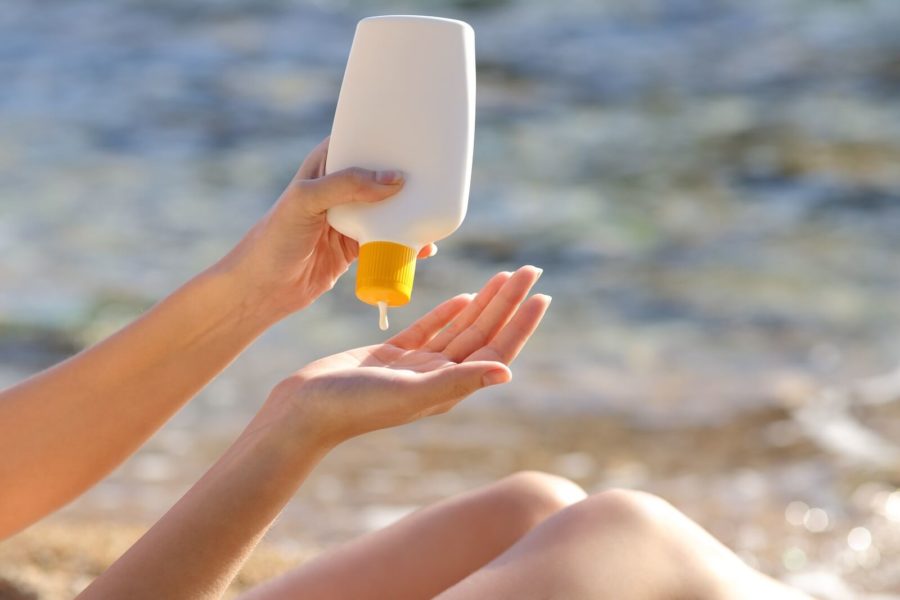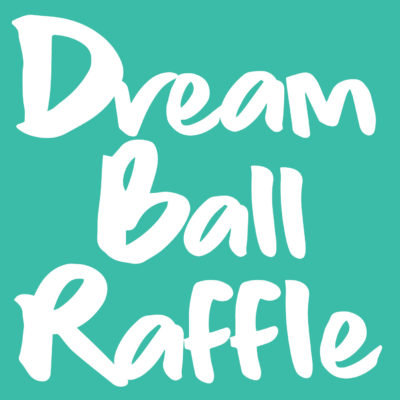
Look Good Feel Better Australia follows the Cancer Council's recommendation in regards to sunscreen use. That is, that a minimum SPF30 broad spectrum sun protection is applied at least 20 minutes before going outdoors and re-applied at least every two hours.
Sunscreen needs to be applied liberally - at least one teaspoon on each limb, front and back of the body, and half a teaspoon for the face, neck and ears. Most people apply less than half this amount, which means they get far less protection than the SPF stated on the bottle. Sunscreen must always be stored in a cool and dry place under 25 degrees celsius and thrown out if past its expiry date. No sunscreen, even if it is reapplied regularly, offers complete protection against UV radiation. Always use sunscreen in conjunction with other forms of sun protection like clothing that covers as much skin as possible, a hat, sunglasses and seek shade when outdoors.
The Cancer Council also recommends patch testing of sunscreen prior to first time use. Patch testing is especially important for those undergoing cancer treatment, as skin can be particularly sensitive during this time.
How do sunscreens work?
Sunscreens either absorb or reflect UV radiation. Sunscreens do this via ingredients called 'UV filters'. There are two main categories of UV filters:
- organic filters absorb UV radiation which are sometimes referred to as chemical sunscreens
- inorganic filters scatter and reflect UV radiation - these are sometimes referred to as physical sunscreens
A sunscreen may contain one or both types since different UV filters are effective against different UV wavelengths.
What does broad spectrum mean?
The sun produces two types of UV radiation that can damage the skin: UVA and UVB. Broad-spectrum sunscreens provide protection from both types of radiation. Broad spectrum performance is determined by an internationally recognised test procedure.
Please also note that all primary sunscreens on the Australian market are subject to rigorous safety checks by the Therapeutic Goods Administration (TGA) and must additionally meet mandatory quality and performance tests specified by Australian Standards.
For more information visit:
Cancer Council Australia
TGA sunscreen regulation
SunSmart Australia
Consult your health professional if you have any questions or concerns.


